How to Do Forecasting in Power BI (Steps & Accuracy Metrics)
Remember our last guide - Power BI forecasting? It revealed things that truly blocks accuracy, both structural and situational. Now it's time to take the next step. Knowing Power...
Listening is fun too.
Straighten your back and cherish with coffee - PLAY !

Hybrid mobile app development is a strategical way of building cross-platform mobile apps that is cost-effective. Making the worlds of both Native and Html5, these are developed using web technologies such as Html5, JavaScript, and then wrapped them into a native container which has access to extraordinary features. There are a lot of options available in the market to pick for your Hybrid Mobile Application development.
Nowadays, Xamarin and Ionic frameworks are the trending platforms for building hybrid applications. Having extraordinary advantages with tremendous performance inside both, the matter of selection has become an anticipated topic of debate among a lot of developers for the last few years. The points include not just about performance but also other factors like code reusability, Front-end design, size of the application, etc. These can make application development much easier, accessible and faster by using existing web technologies such as Html, CSS, and JavaScript.
Well, selecting the right one suitable for your app development is depends on many factors. These may include your timeline, team experience, target audience, and especially Budget. Not only just going through online information, but it would also be suggested to understand the pros and cons of every option, having better grasp of the choice, and then you could easily find the right solution.
So, let’s discuss significant hybrid mobile app development platforms recommended by few experts.
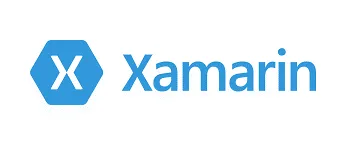
Xamarin is a unique and open-source platform that is based on the .Net framework. It gained huge popularity in building modern applications that are compatible with iOS, Android, and Windows with excellent performance. Xamarin acts as a crucial layer between shared code and underlying platform code and manages the communication. It has great support for vast .Net libraries, tools and provides add-ins to Visual studio that helps in building the applications for different platforms. Apart from that, Xamarin works with the latest SDKs and makes use of platform-specific APIs.
Let’s discuss some of the Pros and Cons of the Xamarin platform:
Pros:It enables the developers to write the code once and utilize it everywhere.
Because of the backup of the biggest giant i.e., Microsoft, it guarantees development support, vast opportunities of learning, performance stability.
We can able to see the details of app crash activities, devices, etc. with Visual Studio App center.
Code maintenance becomes very easy, unlike other platforms, because it has the advantage of interchangeability between Android, iOS, and Windows platforms.
It provides Applications with fewer bugs, it allows a single API that is used for different platforms.
Pricing is one of the main disadvantages of Xamarin. If one has a requirement of Commercial project development, then the license of IDE is required which doesn’t come cheap.
Many Xamarin iOS limitations were noticed such as limitation in .Net API, no option of remote, lack of proper generic support, etc.
There were limitations found in Android Xamarin like partial Java generics support, java generation support and dynamic language support is limited.
Xamarin lacks the support for Game development.
Xamarin makes app size larger than native apps for every release.
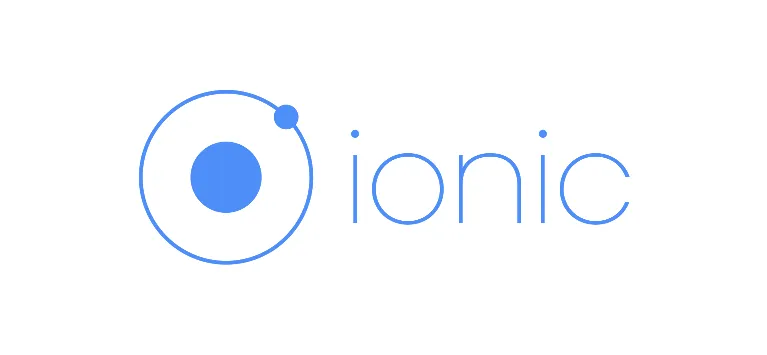
Ionic is an open-source mobile app development framework that creates it simpler to develop top and unique quality native and progressive web apps with web technologies. Abdul Rehman of VPNRanks says, “Ionic is easy because it is component-based framework and its code can be reused at multiple places. Moreover, you can cater multiple platforms like mobile, desktop and web from a single code base whereas with platforms like Xamarin, that's really difficult. Ionic development is also cost and time friendly as compared to other hybrid platforms.”
Deepu Prakash, SVP - Process, and Technology Innovation at Fingent Technologies adds, “When it comes to hybrid app development you can’t go wrong with the Ionic framework. It’s true that Ionic has been out for a while but it’s a robust platform and with age comes with its unique set of perks.”
He also shared a few factors that tip the scale in favor of Ionic.
Reliability: You can count on it to develop complex apps and the results are stunning when combined with Angular JS.
Support: Ionic has the largest and extremely supportive community of developers supporting it and thanks to its age and popularity.
Developer friendly: It is easier for developers to learn to use the framework thanks to the Angular concepts used. Explanation and solution for pretty much every feature and bug you may encounter are available.
Here are some impressive lists of Ionic features which assists in swift development of complex applications
Ionic CLI has inbuilt development server and debugging tools
Abundant UI components make it perfect for PWAs.
Integrated emulators and Cordova app packages.
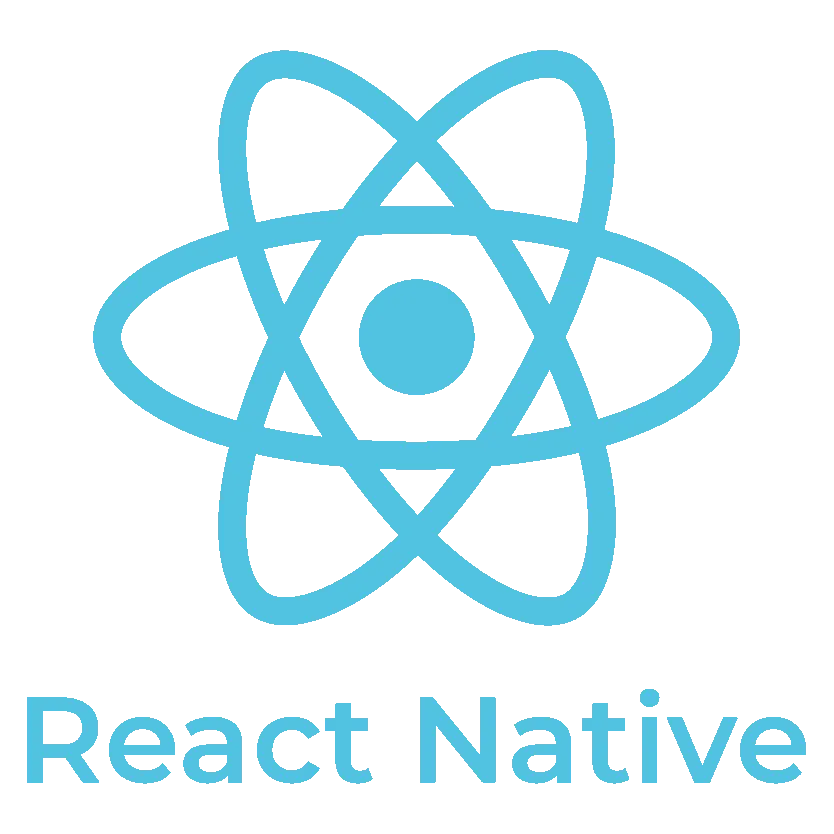
React Native is an open-source mobile application framework originated by Facebook which is used to build applications for Android, iOS, Web and UWP by empowering developers to utilize React along with native platform accomplishments. Charlie Wright, IT consultant at Imprima says, “React has an attractive user interface and has been growing since it was launched in 2015. It enables the use of tools to automate and accelerate development.”
James Zhang from The Bright App adds, “React Native is an awesome paradigm for UI development and the richness of the JavaScript ecosystem is excellent. It does take some getting used to and has a steeper learning curve than some other platforms, but React Native has a lot of developer support, tons of documentation, and works very well for 98% of use cases.”
“The platform uses Common codebase using which developers can build two separate app versions for iOS and Android. Common code reduces the number of possible bugs, and the support of the product is simplified. Unlike other hybrid platforms, React Native uses native APIs.” says Igor Dyachenko, CTO of Cadabra Studio
Stepan Plotytsia, Manager at GTM Plus shared few advantages of React Native framework
React Native lets developers use JS, so if you have experience with JavaScript, you can easily start to build mobile apps (both Android and iOS).
This mobile development platform helps you to build interacted apps quite easy and fast because of its broad library of ready components, tools, and forms.
With React Native developers don’t have to write code from scratch. You can easily switch to the React Native library at any time.
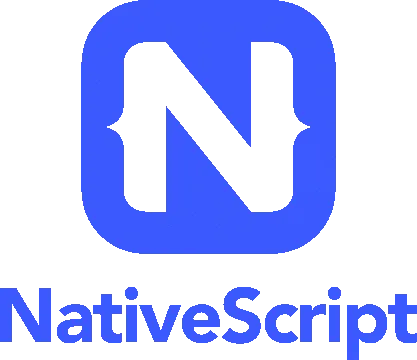
Native Script is a framework for building native iOS and Android apps manipulating JavaScript and CSS. Native Script offers UIs with the native platform’s rendering engine, no WebView’s, evolving in native-like execution and UX.
Native Script was created and is supported by Telerik, provides a best-of-both-worlds development understanding. It is a cross-platform JavaScript modules give the assurance of writing iOS and Android apps from a single JavaScript codebase, while the runtimes provide the power of acquiring native APIs, SDKs, and frameworks when you need all of them without having to open XCode or Android Studio.
“It is an excellent choice for any organization. It is well documented, fast to get started with, and it converts your code into native Android / iOS. Basically, you can get a native performant mobile application by upskilling your organization's frontend developers instead of hiring new app developers.” Says Andreas Pettersson, CTO at Right People Group.
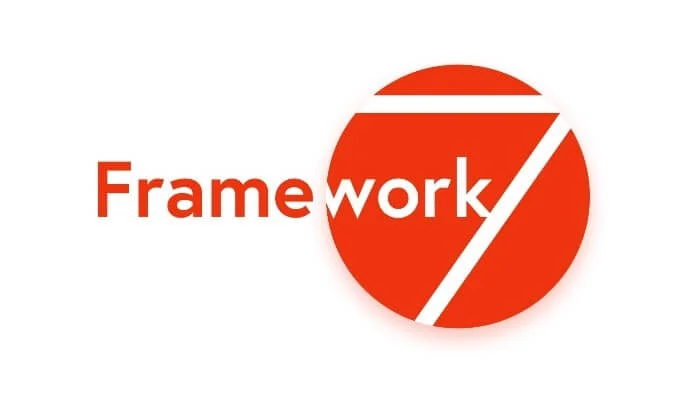
Another essential platform which plays an important part in developing Hybrid Mobile Application development is Framework7. Basically, it is an open-source mobile HTML framework used to build hybrid mobile apps and web apps providing with iOS native look and feel. The only thing you need to do is creating HTML layout including inside with CSS and JS files of the attached framework. The best part of this framework is that it never forces you to make use of custom tags that must be converted by JavaScript code and all at some point.
Many Mobile app development companies use this framework because it provides high performance. It is also packed with a number of in-built and ready-to-use UI elements and could be customized easily.

There are several amazing platforms we can find in the market for Hybrid Mobile Application development and Onsen UI is one of them. This framework facilitates us to build both Hybrid as well as web apps. It is an open-source platform. While developing hybrid applications through this, one can utilize it with Cordova/PhoneGap command line, or Monaca tools. This Monaca tool includes CLI, Localkit desktop GUI, Monaca IDE-cloud based IDE for Cordova.
Apart from that, it is an open-source and cross-platform Mobile development platform. It can be used to work with React, Angular, Meteor, pure JavaScript, and Vue.
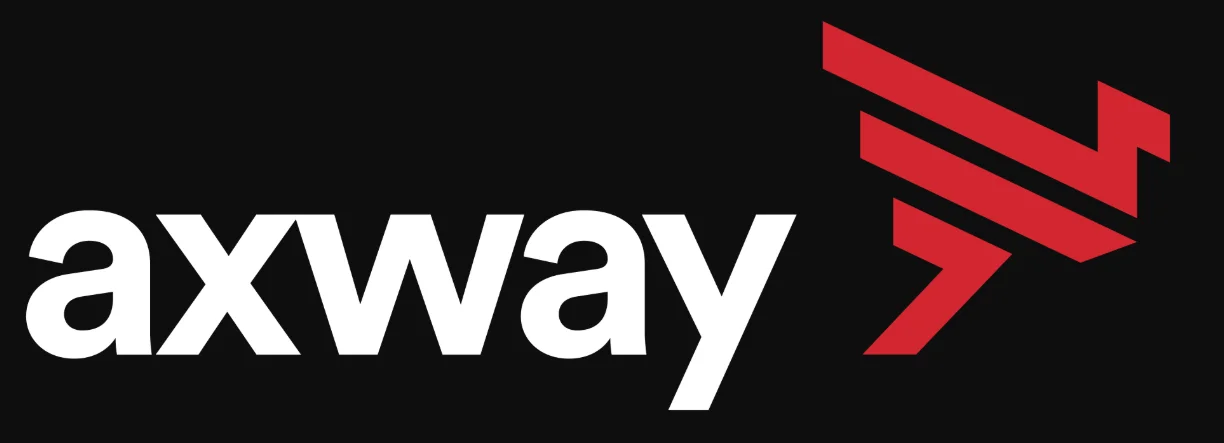
Appcelerator Titanium is one of the popular Hybrid Mobile App development platforms. To begin with this tool, one needs to download the Titanium studio which provides strong and rapid development features for Mobile application development. Using this we can also create native mobile applications for both Android and iOS by using cross-platform JavaScript APIs.
Not just these, the applications created with the Alloy framework could help you saving development time and are easy to use.

Remember our last guide - Power BI forecasting? It revealed things that truly blocks accuracy, both structural and situational. Now it's time to take the next step. Knowing Power...

Did you know that 70% of CTOs (Chief Technology Officers) hesitate to adopt Microsoft Power BI because of its myths and misconceptions that float around. What they fail to see is...

Every CTO knows the struggle of managing complex reports. The inefficiency of scattered data, the constant juggling between reporting tools, the challenge of ensuring accurate KPIs...